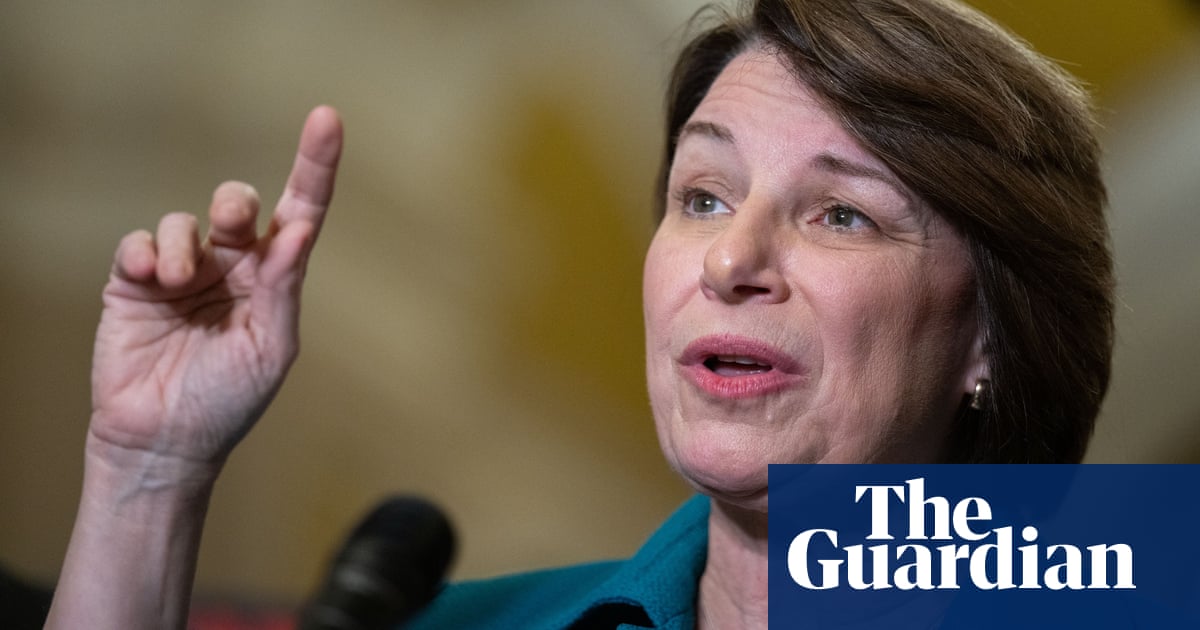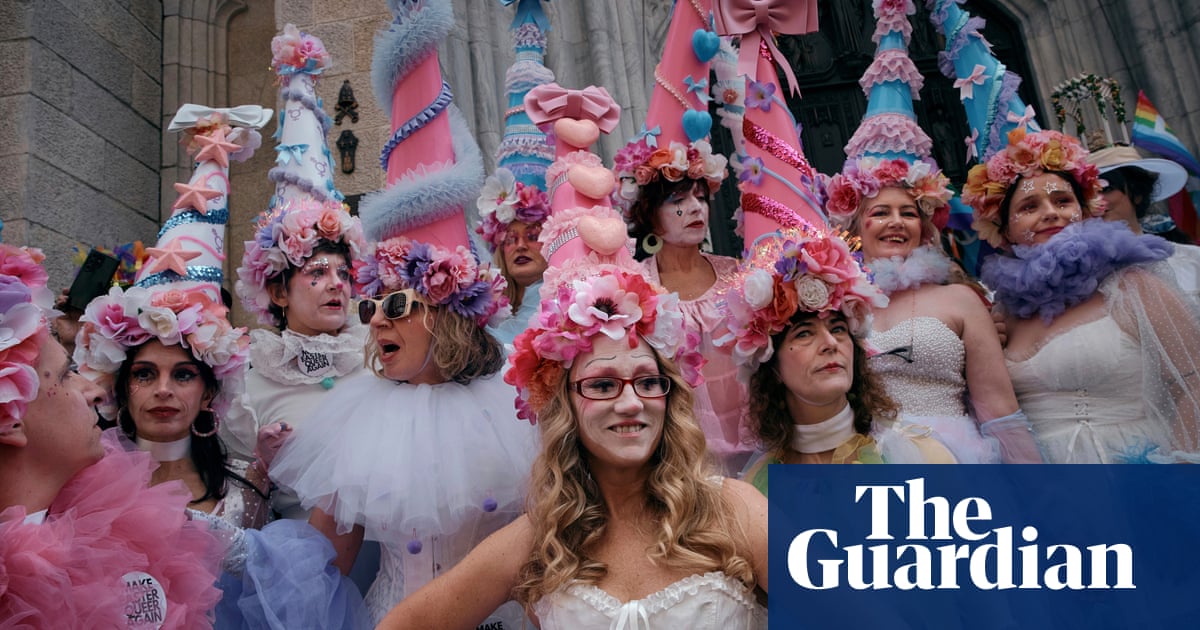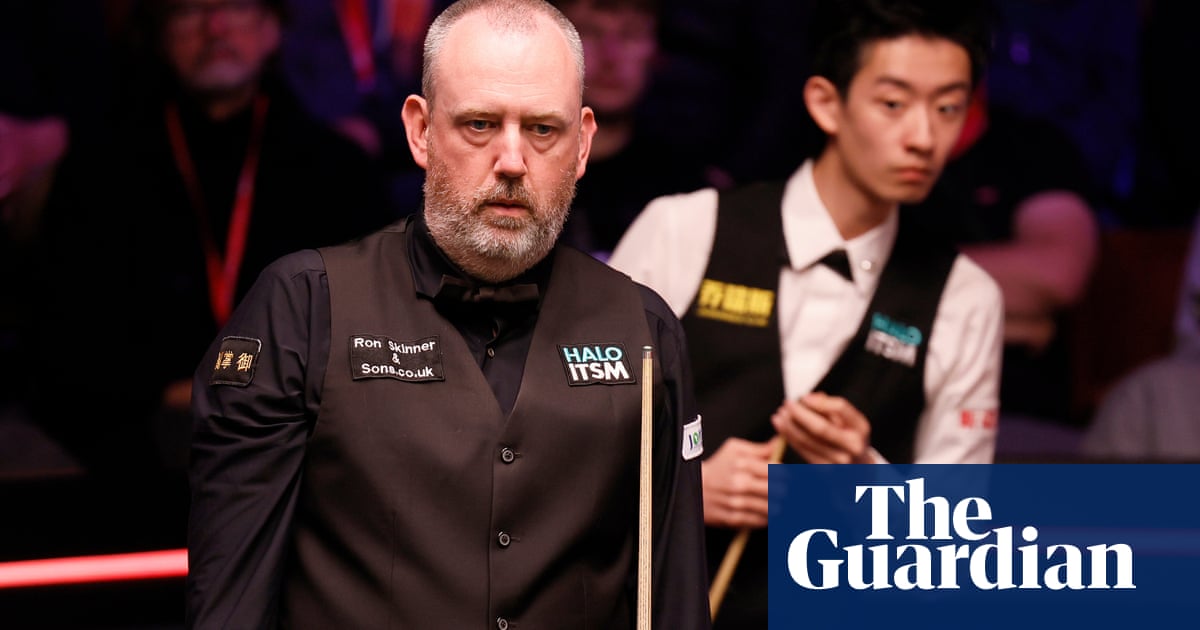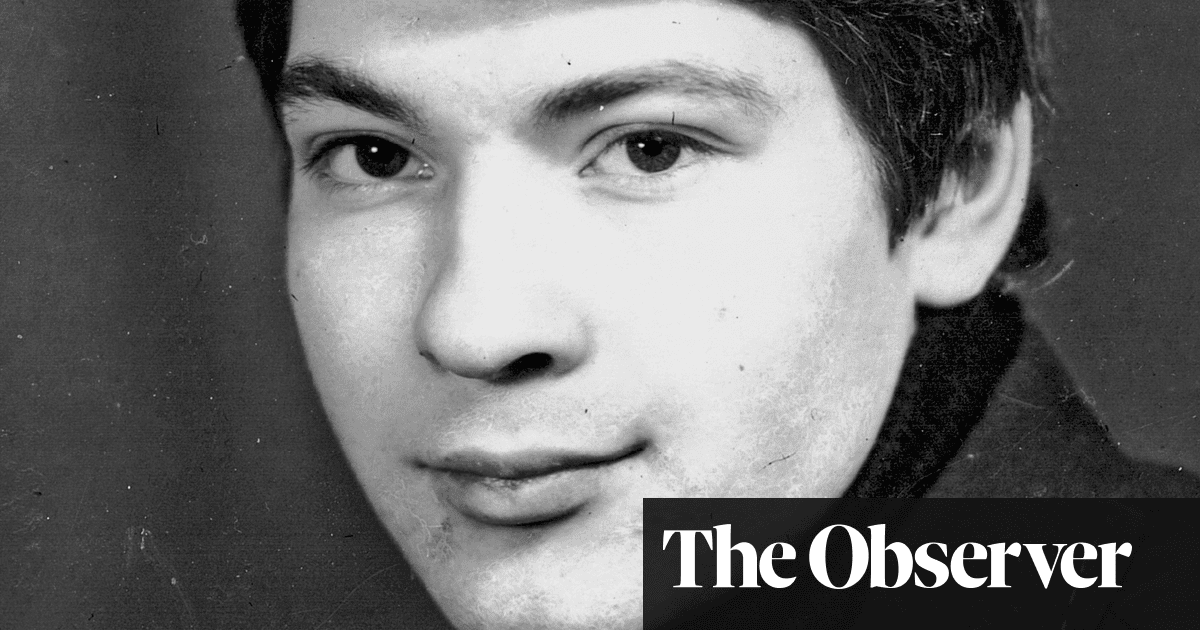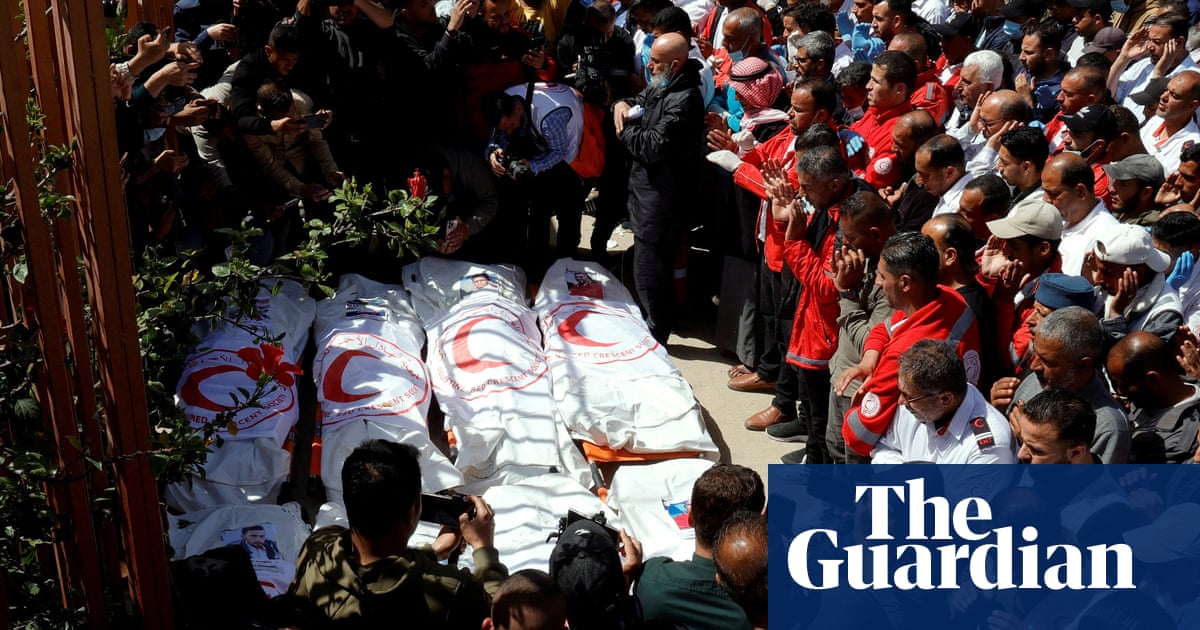Ask Me Again, the first novel by American short story writer Clare Sestanovich, is structured around a series of questions. Each chapter title is a kind of inquiry: Did You See That?; Can You Feel That?; Can I Tell You Something? It’s a simple device, but it creates an atmosphere of interrogative uncertainty I last felt when reading Carol Shields’s Unless, a book in which adverbs, prepositions and conjunctions serve as chapter headings: Therefore; Instead; Despite. The isolated events that make up a life are connected less by tight plot lines than by little fragments of language and the hunger for connection they represent.
Sestanovich is a gifted writer when it comes to capturing appetites. The 11 short stories in her previous book, Objects of Desire, saw her selected in the US as one of The National Book Foundation’s five best writers under 35. They explored the yearnings of young women navigating the challenges of their 20s and 30s, and the trade-offs of middle age. In Ask Me Again, she starts younger, introducing us to a teenage protagonist, Eva, whose precocious hunger for adult experience is captured in three words on the novel’s very first page: “inconsistency was interesting”.
While Eva’s grandmother is in hospital – “a pale-green curtain separating her from a carpenter who’d fallen off a ladder and broken his back” – Eva wanders the halls “in search of characters”. As in many of the best recent American coming-of-age novels – Elif Batuman’s The Idiot; Chelsea Bieker’s Godshot; Zaina Arafat’s You Exist Too Much – we have a protagonist intent on noticing the world, trying to define their own values and purpose through close observation of other people. When Eva isn’t seeking out strangers, she’s sitting in the corner of the ER reading a book. “It was quiet this early,” Sestanovich writes. “Less to watch but more calm in which to watch it.” This line reads as a statement of intent for the whole novel. If you are expecting explosive twists and turns, look elsewhere.
At the hospital, Eva meets Jamie. He shares her curiosity and shrewd eye for ironies, but in other ways they feel like opposites. She’s from an aspirational area of Brooklyn; he is from a super-rich family in upper Manhattan. She struggles to imagine what her future will look like, whereas Jamie has the seemingly clear view that vast privilege affords: his father’s Upper East Side penthouse balcony is bustling with plants that are replaced just as soon as they begin “to show signs of decline”. And where Eva is constantly second-guessing herself, Jamie seems eerily comfortable with his own imbedded mysteries. In one of the novel’s many wonderful character observations, we learn he is “the one person Eva knew who didn’t seem interested in secrets or confessions, in reckless revelations that forever indebted you to whoever had seen what you unveiled. He listened to what people had to say, but he didn’t dig for what they had to hide.”
Pulled along by the shimmering subtleties of Sestanovich’s prose, we track our boy and girl into adulthood. Eva “follows the right steps” of conventional middle-class success: a prestigious degree from a top university, then a “boring internship at an exciting newspaper” in Washington, DC. The job puts her into the orbit of a young congresswoman from New York who recalls real-life counterparts such as Alexandria Ocasio-Cortez. But all the while, Jamie is seeking out experiments in self-discovery that he thinks of as radical: turning his back on his rich family; seeking solace not in money but in nature. One of the novel’s most piquant pivots comes when Jamie joins the Occupy Wall Street movement, switching from camping among redwoods to encampment in the city, pitching his tent “in the noisy, tireless centre of things”. At least he can afford the equipment.
If the set-up seems to lend itself to an epic love story, or at least a classic tale of fractured romance through the years, you’re barking up the wrong tree. One Day this is not. But what does emerge is a finely drawn portrait of the kind of friendship we rarely see in contemporary fiction – sincere but unstable; valued yet always failing; an intimacy that at times is more closely imagined than enacted. Sestanovich captures an affection that is always drifting into strangely poignant estrangement.
Bigger disasters sometimes pull at the hem of Eva’s attention – there is a shooting at a school in Queens, and a warehouse fire that raises questions as to just how radical Jamie has become. But in Ask Me Again, public events are always filtered through personal questions, even as our protagonist’s political awareness increases with the years. The chapter headings become more accusatory and outward-looking as the book progresses – Are You With Us?; How Could You? – but the characters are still locked in their own lives, caught up in the trap of their own unfolding stories.
At the end of the novel, election results unsettle America. “New explanations for the outcome” are “emerging all the time”. But a good coming-of-age novel knows that individuals, like their countries, never really stop coming of age. We advance and we regress, sometimes simultaneously. But there is a power in our own inherent curiosity, Sestanovich seems to say. The insistence on continuing to ask questions.
after newsletter promotion

.png) 3 months ago
29
3 months ago
29


